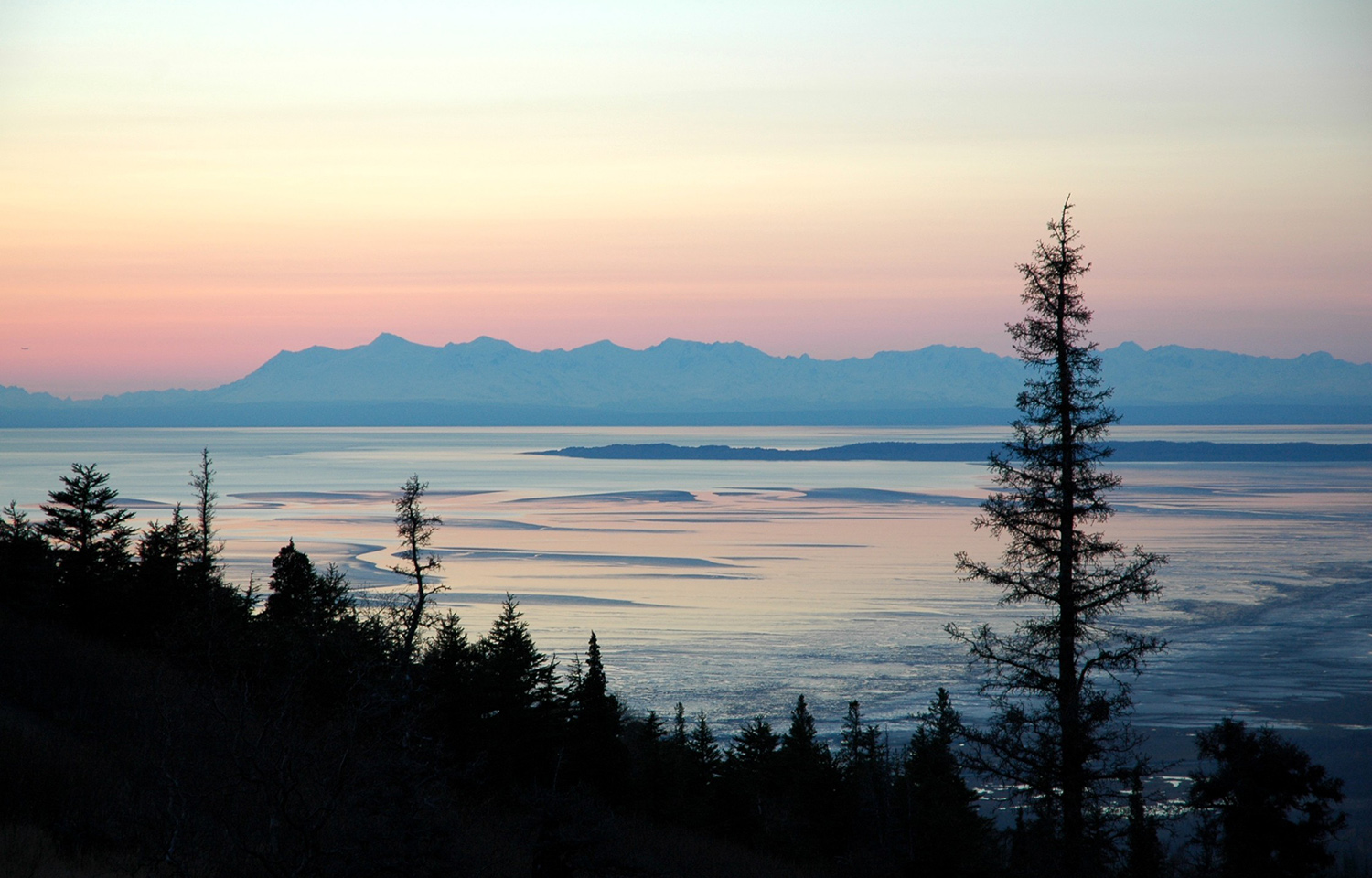The U.S. Department of Commerce (DOC) has awarded USD 12 million (EUR 11 million) to compensate for resource disasters deemed to have taken place in Alaska salmon fisheries in 2021 and 2022.
"Each year, we see how climate change continues to have severe impacts on the fisheries and ecosystems that are vital to our economy, and the DOC is working to mitigate these impacts," U.S. Secretary of Commerce Gina Raimondo said in a statement. "This funding will assist with the recovery of salmon fisheries in communities across Alaska and Puget Sound by bolstering fisheries restoration efforts, minimizing the risk of future disasters, and helping build back stronger.”
The DOC had previously determined that fishery disasters took place in the Kuskokwim River salmon fishery in 2022, the Upper Cook Inlet East Side Setnet salmon fishery in 2021 and 2022, and the Port Gamble S’Klallam Tribe’s Puget Sound fall chum and coho salmon fisheries in 2021.
Most of the money will go toward addressing the fishery disasters deemed to have taken place in the Upper Cook Inlet East Side Setnet in 2021 and 2022. Salmon fishing in the area was severely restricted in those years due to conservation concerns.
According to the state of Alaska’s request for a disaster determination, East Side Setnet salmon fishery revenue was USD 3.8 million (EUR 3.6 million) in 2021, which was 60 percent below the average revenue. In 2022, revenue was USD 1 million (EUR 940,000), or 90 percent below average.
The state government also requested fishery disaster funding for the 2022 Nelson Lagoon salmon fishery, claiming that revenue was just USD 484,000 (EUR 453,000), 60 percent below the five-year average. However, DOC denied that request, stating that the reported decrease in fish stock biomass was “part of recurrent cyclical variations” and did not meet the criteria for a fishery resource disaster determination.
DOC did determine a disaster took place in the 2022 Kuskokwim River fishery, allocating USD 332,000 (EUR 310,000) for the disaster.
The Kuskokwim River has faced increased fishing restrictions due to poor salmon runs and returns, depriving subsistence fishers of a much-needed source of income. The Kuskokwim Management Area contains one of the largest subsistence fisheries in the state, according to the Alaskan government, and other employment opportunities are limited.
“Ongoing Chinook salmon restrictions, combined with more restrictive chum and coho salmon management measures in 2022, have severely harmed the customary and traditional selling, bartering, and trading economy of the subsistence fishery,” Alaksa Governor Mike Dunleavy said in his financial aid request.
Finally, DOC allocated USD 404,000 (EUR 378,000) for the Port Gamble S’Klallam Tribe’s Puget Sound fall 2021 chum and coho salmon fisheries.
The tribe lost about one-third of the income it expects from those salmon fisheries on average. The coho fishery lost over USD 52,000 (EUR 49,000) in income, while the chum fishery lost USD 62,000 (EUR 58,00), according to the tribe’s request for a fishery resource disaster determination.
“The loss of these fisheries has had negative impacts to our traditional way of life, as well as our cultural, spiritual, and traditional ties to the coho and chum salmon,” Port Gamble S’Klallam Tribe Chairman Jeromy Sullivan wrote in the request. “These negative impacts are irreversible.”
NOAA Fisheries will work with the state government and the Port Gamble S’Klallam Tribe to administer the allocated funding.
“Productive and sustainable fisheries are essential for nurturing our Blue Economy, generating employment opportunities, providing sustenance, supporting Alaska Native cultural traditions, and preserving the health of our ocean ecosystem,” NOAA Fisheries Assistant Administrator Janet Coit said. "We are optimistic that these disaster funds will make a beneficial impact on the ongoing recovery of the affected tribes and fisheries."








